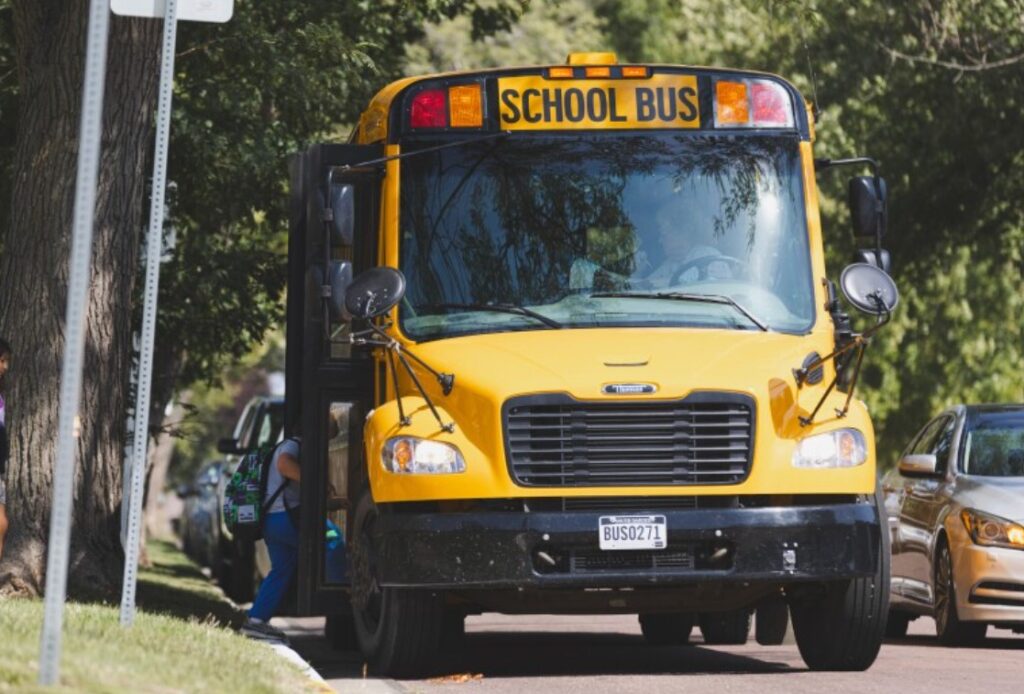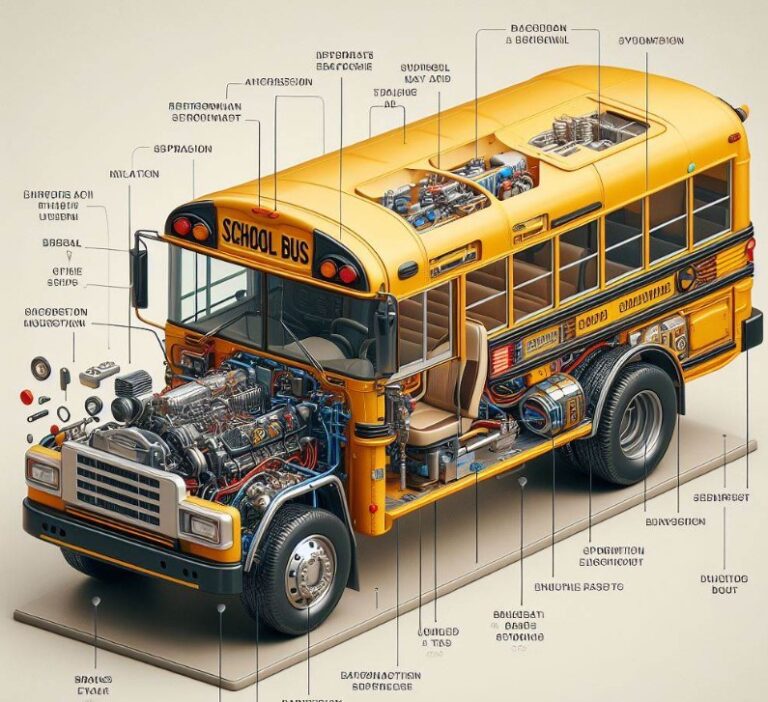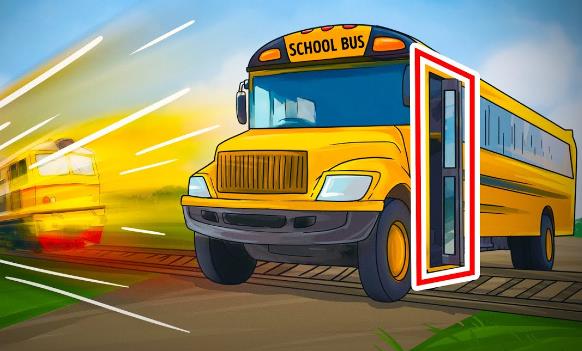How Many Miles Can A School Bus Last? Answered
When it comes to the durability of school buses, a common question arises: How Many Miles Can A School Bus Last? Understanding the longevity of these vehicles is crucial for school districts, bus operators, and parents. The lifespan of a school bus depends on several factors, including maintenance, driving conditions, and build quality.
Key Takeaways
- The average lifespan of a school bus ranges from 10 to 15 years.
- Mileage expectancy varies, typically between 200,000 to 300,000 miles.
- Regular maintenance plays a pivotal role in extending bus life.
- Replacement decisions often depend on cost-effectiveness and safety standards.
How Many Miles Can A School Bus Last?
Typically, a school bus can last anywhere from 200,000 to 300,000 miles. This range, however, is influenced by factors such as maintenance practices, the environment it operates in, and the model of the bus. It’s essential for school districts to regularly assess their fleet’s condition to ensure safety and efficiency.

Factors Affecting School Bus Longevity
Maintenance and Repairs
Regular maintenance is crucial in extending the life of a school bus. This includes routine checks, timely repairs, and addressing minor issues before they escalate.
Driving Conditions
The environment in which the bus operates greatly impacts its longevity. Buses in urban areas or those driving on rough terrain may have a shorter lifespan due to the increased stress on the vehicle.
Bus Model and Build Quality
The make and model of the bus can also affect its durability. Higher-quality buses with robust construction are likely to last longer.
Importance of Regular Maintenance
Preventive Maintenance
Preventive maintenance involves regular inspections and timely repairs. It helps in identifying potential issues early, thereby reducing the likelihood of major breakdowns.
Impact on Safety
Regular maintenance ensures that the bus is safe for student transportation. Neglecting maintenance can lead to safety hazards, putting students’ lives at risk.
Replacement Strategies

Cost-Effectiveness
School districts often consider the cost-effectiveness of maintaining an old bus versus purchasing a new one. As maintenance costs rise, replacing the bus might become a more viable option.
Safety Standards
Adherence to safety standards is a key factor in the decision to replace a school bus. Older buses might not comply with current safety regulations, necessitating their replacement.
Environmental Factors
Urban vs. Rural Usage
Buses in urban areas often have lower lifespans due to frequent stops and starts, contributing to quicker wear and tear. Rural buses might last longer due to less strenuous driving conditions.
Climate Impact
The climate in which a bus operates can affect its longevity. Extreme weather conditions, like excessive heat or cold, can accelerate the deterioration of bus components.
Technological Advancements
Impact on Bus Lifespan
Advancements in bus technology, such as improved engine efficiency and better materials, can extend the lifespan of new school buses.
Modern Safety Features
New buses come equipped with modern safety features, which not only enhance safety but can also contribute to the overall longevity of the vehicle.
How Long Does A School Bus Engine Last?
The lifespan of a school bus engine largely depends on the type of engine, maintenance practices, and operating conditions. Generally, school bus engines, especially diesel engines, are built for longevity and durability.

A well-maintained diesel school bus engine can last between 200,000 to 300,000 miles. However, this can vary greatly. Proper maintenance, including regular oil changes, filter replacements, and addressing any issues promptly, is key to maximizing the engine’s lifespan.
Engines in buses that operate in harsh conditions, like extreme weather or rough terrain, may have a shorter lifespan due to increased stress.
What Is The Longest Lasting School Bus?
The longest-lasting school buses are typically those that are well-maintained and operate under favorable conditions. Brands like Blue Bird, Thomas Built Buses, and International are known for their durability and longevity.

Among these, certain models, especially those with robust diesel engines, are renowned for their ability to withstand the test of time and mileage. Buses used in milder climates and those that undergo regular, comprehensive maintenance tend to last the longest.
It’s not uncommon for these buses to remain operational for over 15 years, surpassing the average lifespan of 10 to 12 years for many school buses.
What Is The Life Expectancy Of A Diesel Bus?
The life expectancy of a diesel bus, particularly those used in school transportation, can vary. On average, a diesel school bus can last about 10 to 15 years, equating to around 200,000 to 300,000 miles.
Diesel engines are favored for their durability and efficiency, which contributes to the longer life expectancy of these buses compared to their gasoline counterparts.
The longevity of a diesel bus also depends on maintenance, the conditions under which it operates, and adherence to safety and emission standards.
It’s important to note that while the engine might last for many years, other parts of the bus, such as the body and interior components, might require more frequent repairs or replacements.
Conclusion
In conclusion, the lifespan of a school bus, in terms of miles, can vary greatly but typically falls between 200,000 to 300,000 miles.
The key to maximizing a bus’s lifespan lies in regular maintenance, understanding the impact of environmental factors, and staying updated with technological advancements.
So, How many miles a school bus can last is not just a matter of numbers; it’s about ensuring safety, efficiency, and cost-effectiveness in student transportation.
Top FAQ’s
Are Newer School Buses More Reliable Than Older Ones?
Newer school buses often benefit from advancements in technology and design, making them more reliable and efficient. They also tend to have more up-to-date safety features. However, the reliability of any bus greatly depends on its maintenance history and operational conditions.
How Often Should School Buses Be Inspected for Maintenance?
School buses should be inspected regularly, typically every 3,000 to 5,000 miles, and undergo thorough annual inspections to ensure they remain in good working condition and are safe for transporting students.
What Role Does Driver Behavior Play in a School Bus’s Lifespan?
Driver behavior has a significant impact on a school bus’s lifespan. Harsh driving, such as rapid acceleration and hard braking, can increase wear and tear, while careful, consistent driving can prolong the bus’s operational life.
How Do Environmental Regulations Affect School Bus Lifespan?
Environmental regulations, particularly those related to emissions, can significantly affect a school bus’s lifespan. Older buses might not meet newer emission standards, prompting the need for upgrades or replacements to comply with regulations.

Welcome to the exhilarating world of Matt Rex, a professional car racer turned renowned vehicle enthusiast. Immerse yourself in his captivating blog as he shares heart-pounding adventures, expert reviews, and valuable insights on cars, trucks, jets, and more. Fuel your passion for speed and discover the beauty of vehicles through Matt’s engaging stories and meticulous expertise. Join the ever-growing community of enthusiasts who find inspiration and expert advice in Matt Rex’s blog—a digital hub where the thrill of speed meets the pursuit of knowledge.







